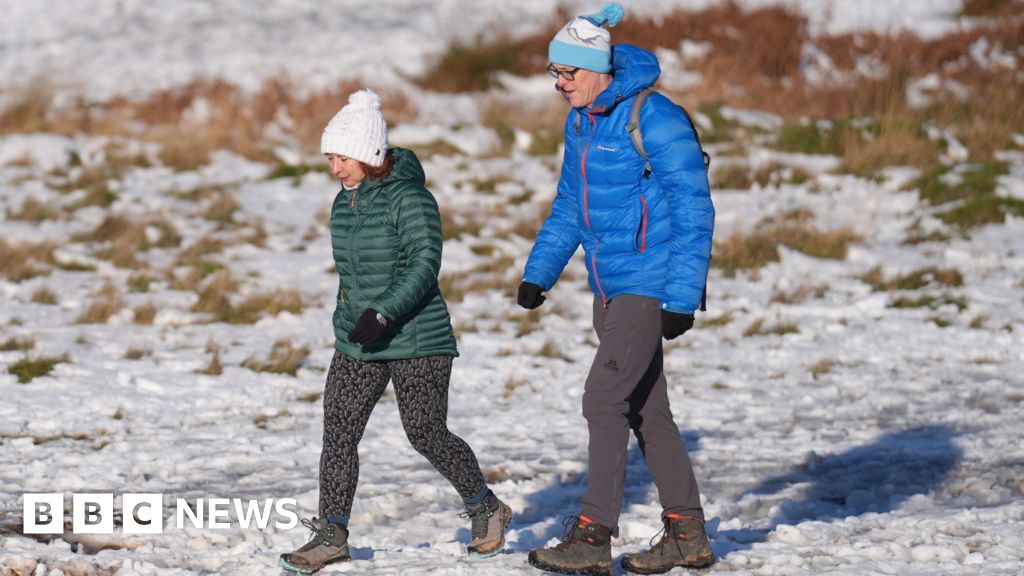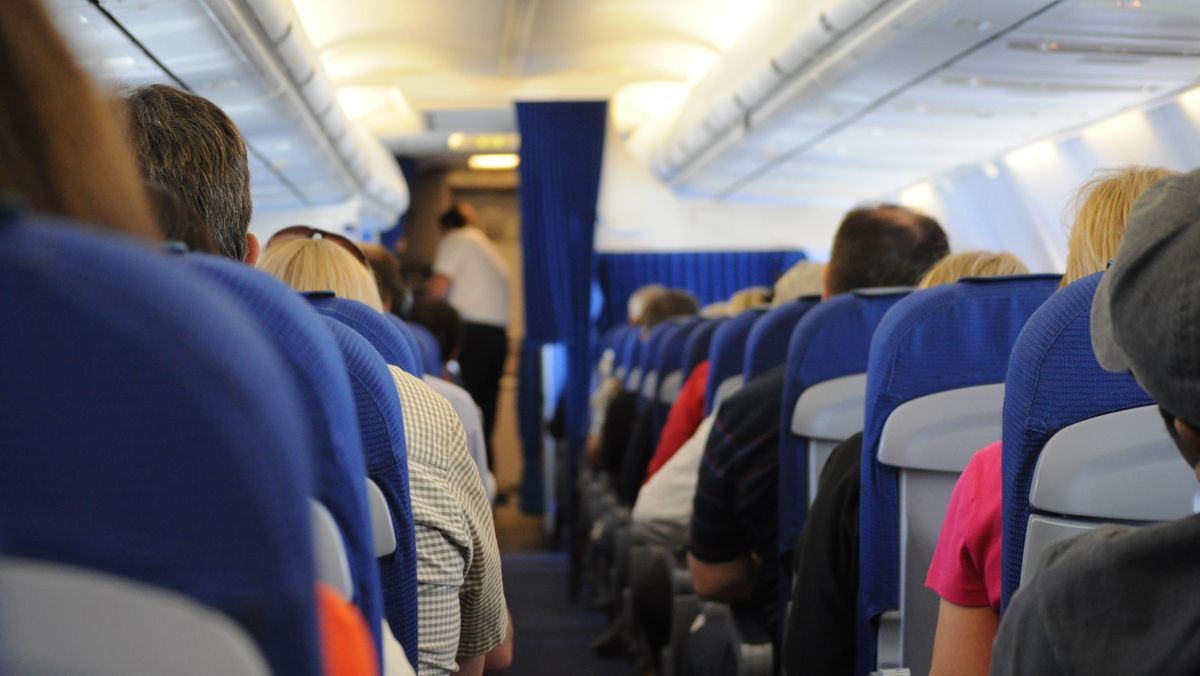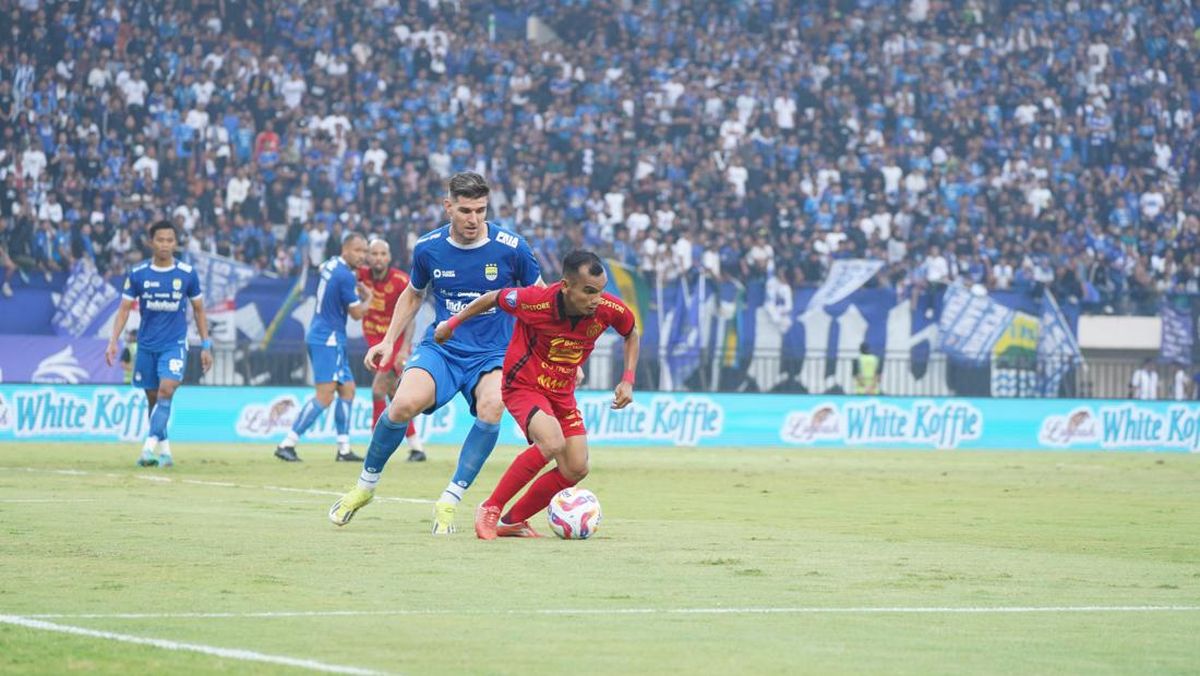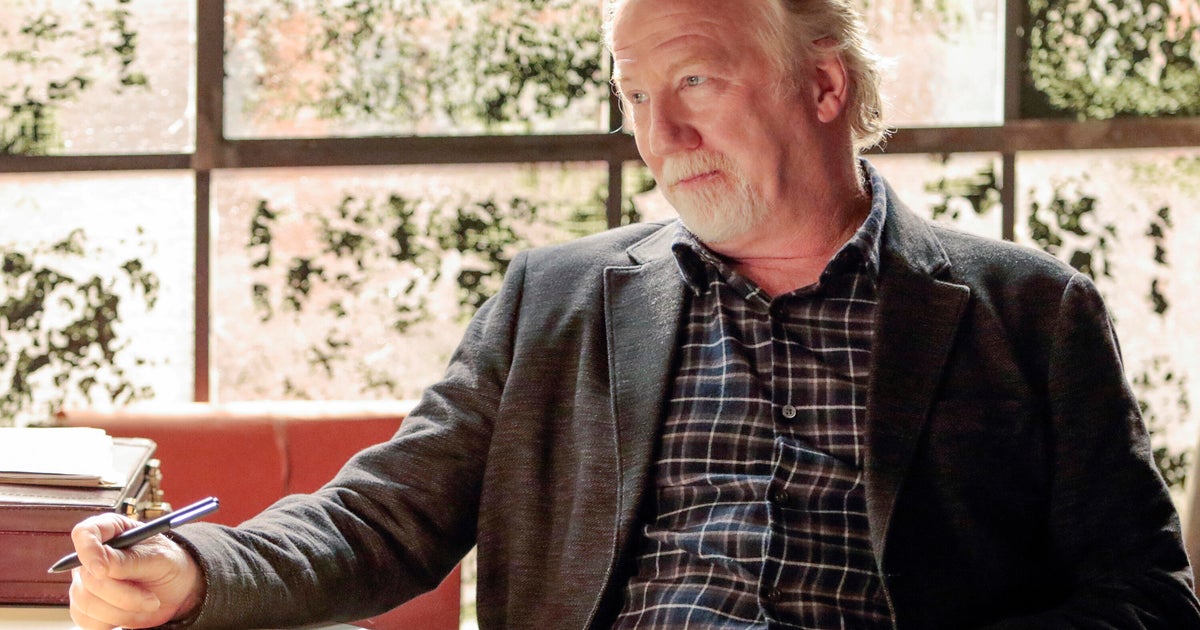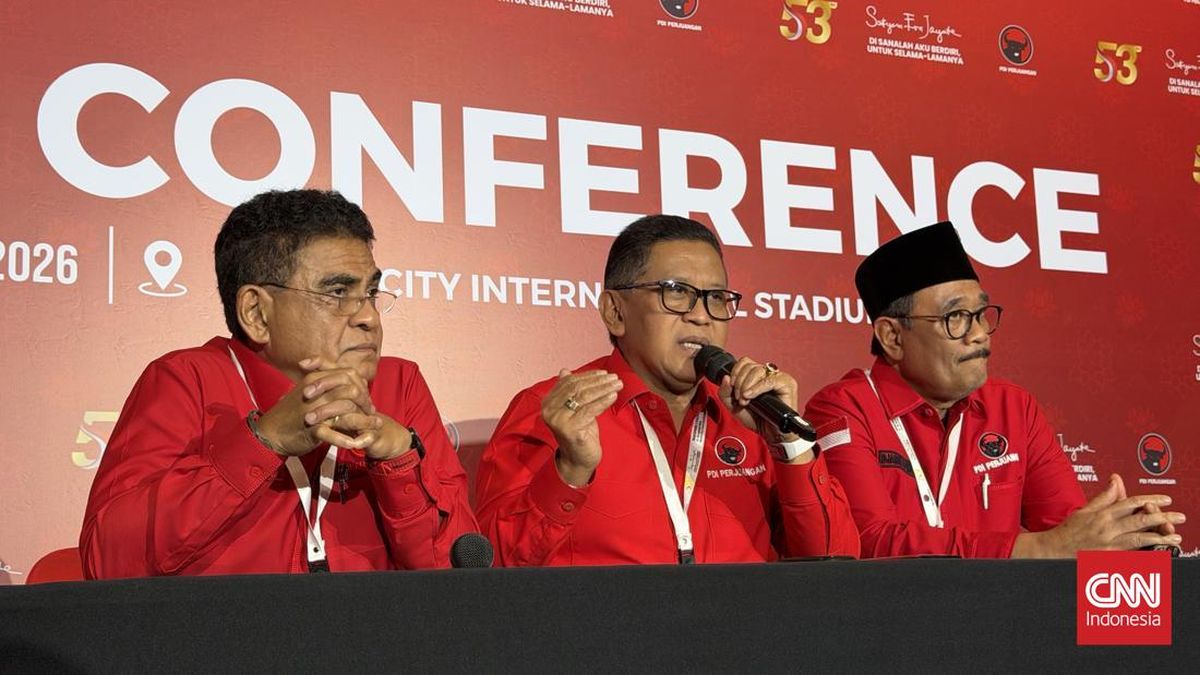Doctors at Northern Beaches Hospital (NBH) have raised the alarm over dangerous understaffing, which puts patients at risk of medical errors in the chronically under-resourced emergency department and wards.
The clinicians have accused SafeWork NSW of failing to act on repeated warnings over unsafe workloads for junior doctors who compiled a growing list of concerning incidents, from surgical and medical consults going unanswered for days, to registrars working unsupervised, falsified rosters, and more than 100 uncompleted electronic tasks – some time-critical – by shift’s end.

The doctors’ union, ASMOF NSW, wants SafeWork NSW to conduct an investigation into unsafe staffing levels at Northern Beaches Hospital. Credit: Renee Nowytarger
Understaffing at the hospital risked compromising patient care, for example, causing a several-hour delay in charting essential medications, placing patients at risk of stroke and other serious complications, the doctors’ union, the Australian Salaried Medical Officers Federation (ASMOF) NSW informed SafeWork via letters dated June 17 and September 2.
ASMOF urged the regulator to launch an investigation, describing extreme fatigue among registrars often working without the appropriate oversight of senior specialists, creating “high-risk lone worker scenarios” and “elevated risk of clinical error”.
“These conditions reflect not just industrial dissatisfaction but a serious ongoing WHS risk to workers and a live risk of serious injury or death for patients,” ASMOF executive director Andrew Holland wrote.
Loading
SafeWork responded in June by notifying NBH’s private operator, Healthscope, to review and address “fatigue management” issues.
Healthscope rejected the allegations of unsafe workplace conditions, delays in consults, unsupervised registrars, and falsified rosters.
“[NBH] is a well-run facility that delivers outstanding patient care and outcomes,” a Healthscope spokesman said in a statement.
“NBH received correspondence from SafeWork NSW in June, advising … that they had reviewed the provided information and determined that an inspector would not be attending the hospital.”
Dr Keith Burgess, the hospital’s Medical Staff Council president and an ASMOF member, said junior doctors were carrying impossible workloads in unsafe conditions.
“This is a good hospital doing good work on the sweat of the staff going above and beyond what they have to do in a public system,” Burgess said, describing the risk to patients caused by overload and fatigue as not life-threatening, but suboptimal care.
“We have too few doctors and nurses in the emergency department and on the wards.”
Healthscope said challenges in recruiting junior doctors were affecting the sector, and it was working closely with the Northern Sydney Local Health District (NSLHD) to meet the hospital’s staffing requirements.
ASMOF’s September letter characterised SafeWork’s response as “grossly inadequate” and raised additional concerns: “rosters have been falsified or misleading, listing the names of doctors who are not employed or available, creating the illusion of safe coverage where none exists”.
“16 June 2025: A registrar was directed to work a night shift on the same day as a full-day shift; an unacceptable and dangerous rostering practice,” the letter read.
“2 July 2025: There was no evening medical registrar on duty at the hospital. This was only identified by the [junior medical doctors] a few hours into the shift.”
Five medical registrar relief positions have been vacant since February, and attempts to cover gaps had relied on overloaded registrars, many of whom are untrained to manage the necessary duties, Holland wrote.
There were no surgical registrars overnight, and one was rostered during business hours to cover operating theatres, consultations, and inpatients, he wrote.
SafeWork said in a statement that it was making inquiries with the hospital.
“As inquiries remain ongoing, no further comment can be made at this time,” a spokesperson said.
Burgess said doctors had exhausted every internal avenue to resolve the issues, having twice requested that the Northern Sydney Local Health District provide more resident medical officers and registrars this year.
The council met Health Minister Ryan Park in June to request short-term funding while the government continues negotiations with Healthscope receivers.
Burgess said no extra staff or money were forthcoming.

Dr Keith Burgess, president of the Medical Staff Council at Northern Beaches Hospital, says the workload pressures are adding to risks for patients.Credit: Flavio Brancaleone
A spokesperson for Park said the NSW government provided additional funding beyond its existing contract, and that workforce health and safety was Healthscope’s responsibility under the project deed.
“It’s shocking that SafeWork NSW have responded to concerns by simply reminding Healthscope Operations of their work health and safety obligations,” Holland said, noting that junior and senior staff had repeatedly raised concerns with the hospital’s administration.
“We need action now to allow our doctors to provide the necessary level of care to NSW patients.”
Loading
The latest NSW hospital performance report showed treatment delays were statewide.
The Healthscope spokesman highlighted that NBH outperformed its peer hospitals across a range of key clinical measures for elective surgery, ambulance transfers, and the emergency department.
In April, a NSW Auditor General report found the hospital had failed to act on warnings about risks to patient safety and outcomes.
The report also noted that the hospital had outperformed its public hospital peers on key ED and elective surgery indicators.
Start the day with a summary of the day’s most important and interesting stories, analysis and insights. Sign up for our Morning Edition newsletter.
Most Viewed in National
Loading



